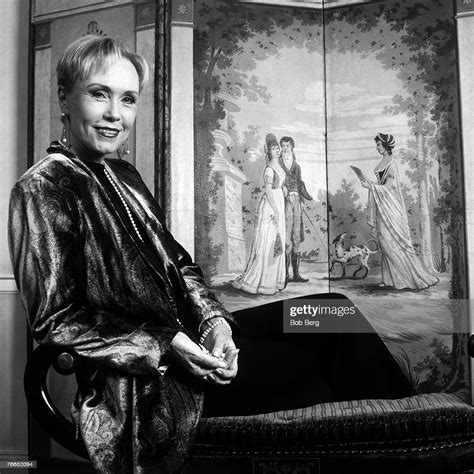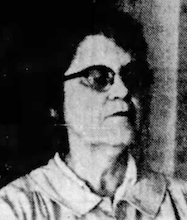A Quote by David O. McKay
One of my most precious possessions is my memory of a home in which love was supreme, in which I cannot recall ever a cross word having passed between father and mother. We all owe such a blessing to our children.
Related Quotes
There is a close relationship between a house full of possessions and a heart full of desires, between a cluttered closet and a crowded schedule, between having no place to put possessions and having no priorities for our life. These are precious clues. They remind us to slow down, to live in the present, to reduce the desires that drain our vitality, to clarify priorities so we can give our time and attention to what matters most. Tragically, in the press of modern life, we have managed to get backwards one of life's most vital truths: people are to be loved; things are to be used.
So much of our early gladness vanishes utterly from our memory: we can never recall the joy with which we laid our heads on our mother's bosom or rode on our father's back in childhood; doubtless that joy is wrought up into our nature, as the sunlight of long-past mornings is wrought up in the soft mellowness of the apricot; but it is gone forever from our imagination, and we can only believe in the joy of childhood.
Contrary to popular opinion, the most important characteristic of a godly mother is not her relationship with her children. It is her love for her husband. The love between husband and wife is the real key to a thriving family. A healthy home environment cannot be built exclusively on the parents' love for their children. The properly situated family has marriage at the center; families shouldn't revolve around the children.
The idea of feminine authority is so deeply embedded in the human subconscious that even after all these centuries of father-right the young child instinctively regards the mother as the supreme authority. He looks upon the father as equal with himself, equally subject to the woman's rule. Children have to be taught to love, honor, and respect the father, a task usually assumed by the mother.






































